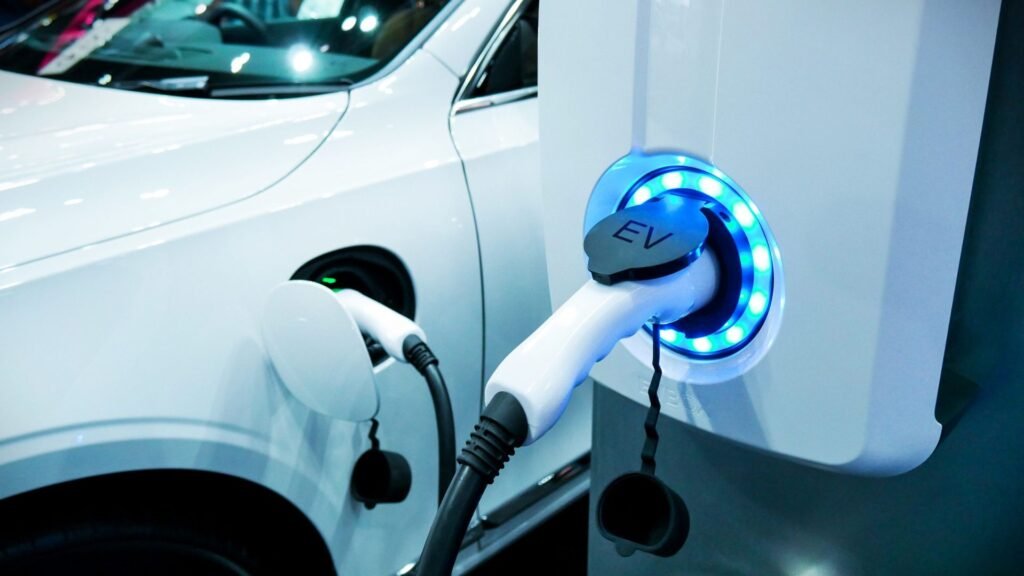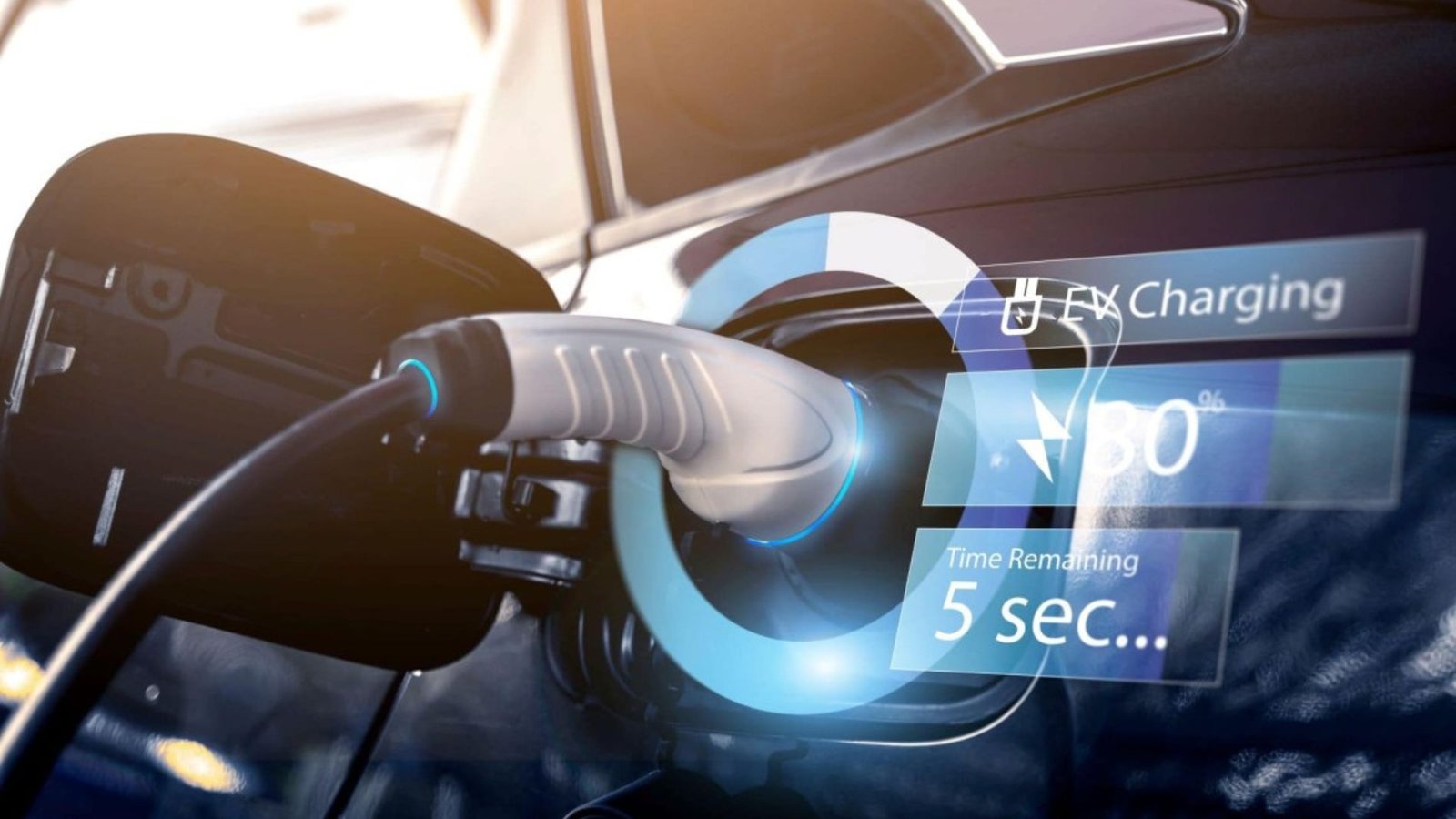How to Finance an Electric Vehicle Purchase
Financing an electric vehicle purchase can seem daunting, especially with the growing popularity of electric cars and the various options available. Whether you’re considering buying your first EV or upgrading to a new model, understanding how to finance an electric vehicle purchase is crucial. In this article, we’ll guide you through the key steps and options for financing your electric vehicle.
Understanding the Costs of an Electric Vehicle Purchase
Before diving into financing, it’s important to understand the costs associated with an electric vehicle purchase. Electric vehicles (EVs) often come with a higher upfront cost compared to traditional gasoline cars. However, they can offer significant savings over time, including lower fuel and maintenance costs. Knowing the total cost, including any available incentives or rebates, will help you make an informed decision.

Exploring Financing Options for Your Electric Vehicle Purchase
1. Traditional Auto Loans
One of the most common ways to finance an electric vehicle purchase is through a traditional auto loan. This type of loan is offered by banks, credit unions, and other financial institutions. You’ll need to apply for the loan, provide information about your financial situation, and choose a repayment term that works for you. With traditional auto loans, you’ll typically have a fixed interest rate and monthly payments.
2. Electric Vehicle Specific Loans
Some lenders offer loans specifically for electric vehicles. These loans might come with special terms and conditions, such as lower interest rates or longer repayment periods. Check with your local banks or credit unions to see if they have any electric vehicle-specific financing options. These specialized loans can sometimes offer more favorable terms compared to traditional auto loans.
3. Lease Agreements
Leasing an electric vehicle can be an attractive option if you prefer driving a new car every few years. With a lease agreement, you’ll make monthly payments for the use of the vehicle, typically for a period of two to three years. At the end of the lease term, you can either return the car and lease a new one or purchase the vehicle outright. Leasing often requires a lower down payment compared to buying.
4. Manufacturer Financing
Many electric vehicle manufacturers offer their financing programs. These programs might include promotional interest rates, special lease offers, or cash incentives for purchasing an EV. Check with the dealership or the manufacturer’s website to see what financing options are available. Manufacturer financing can sometimes be more competitive than other loan options.
5. Government Incentives and Rebates
When financing an electric vehicle purchase, don’t forget to consider government incentives and rebates. Many countries and states offer tax credits or rebates for buying or leasing electric vehicles. These incentives can significantly reduce the overall cost of your EV. Be sure to research and apply for any available incentives before finalizing your purchase.
Tips for Securing the Best Financing for Your Electric Vehicle Purchase
1. Check Your Credit Score
Before applying for financing, check your credit score. A higher credit score can help you qualify for better interest rates and terms. If your credit score needs improvement, consider taking steps to boost it before applying for a loan.
2. Compare Loan Offers
It’s important to compare loan offers from different lenders to find the best financing option for your electric vehicle purchase. Look at interest rates, repayment terms, and any additional fees. Don’t hesitate to negotiate with lenders to get the best deal possible.
3. Calculate Your Monthly Payments
Use an online loan calculator to estimate your monthly payments based on the loan amount, interest rate, and repayment term. This will help you determine what you can afford and ensure that the monthly payments fit within your budget.
4. Consider Total Loan Costs
When comparing financing options, consider the total cost of the loan, not just the monthly payments. A loan with a lower interest rate might have higher overall costs if it extends over a longer term. Make sure you understand the full financial impact before making a decision.
5. Look for Additional Fees
Be aware of any additional fees associated with the loan or lease agreement. These might include application fees, early repayment penalties, or other costs. Understanding all potential fees will help you avoid unexpected expenses.
Conclusion
Financing an electric vehicle purchase involves understanding your options and choosing the one that best fits your financial situation. Whether you opt for a traditional loan, lease, or manufacturer financing, carefully consider all factors, including interest rates, terms, and incentives. By doing so, you can ensure that you make a well-informed decision and enjoy the benefits of owning an electric vehicle.

